My vulnerability is my greatest gift.
As I kid, I was considered “sensitive,” as in “too sensitive,” as in “Don’t be so sensitive; I was only teasing.”
I hate teasing. I’m really not very good at taking it, though I’m okay at dishing it out, except when I get to that point in my voice where the difference between sincere and insincere is hair-thin.
So maybe, as a gift to the vulnerable around me, I’ll stop teasing.
Except my family. My kids and my husband are all highly attuned to humor, and except for me, are rarely truly critical with each other.
Is there a relationship between my sensitivity, my vulnerability, and my criticism? Criticism flows from me like outbreaths, though being critical — critiquing — is not the same as being unkind or looking for flaws. Okay, it is looking for flaws, in the same way that running one’s hand over a smooth surface and encountering a rough patch is looking for flaws.
And I’m a picker. Scabs, boogers, pimples, old pieces of tape, bubbled varnish, you name it. That’s one reason I like weeding: find the flaw and excise it.
So is it possible to point out when something is not working as well as something else without being too idealistic, too perfectionist, or too focused on form over content? Can you point out when someone needs to wash their hair as simply as you can point out they have glitter on their face, or is there a categorical difference?
I’m willing to believe or consider believing (let’s not get hasty!) that if I stopped pointing out the rough patches other people would be fine. More relaxed, more comfortable, happier, more productive, saner. People, and me. There’s an exercise some friends of mine were doing several years back: Don’t complain for a specified period of time. I think it was a month, or a week, and reports came back that not complaining was difficult.
For myself, when I complain, I like to backpedal and restate the complaint as an observation, or perhaps simply shift my focus to something better. It is raining in Seattle today (not only not a complaint, but hardly even news), yet the air is warm and smells delicious. In fact, I get rhapsodically non-complainy at this time of year, when the spring air is full of the kind of thing that allergenics complain about endlessly.
S. & I have begun a perambulation around the borders of Seattle. We’ll be walking as close as possible to the physically boundaries as we can, though without being too persnickety and without going onto private land. On the second day, I noticed that while there is a crosswalk and walk light on NE 145th between the freeway overpass and a small triangular island, there is neither crosswalk nor light between the triangle and the sidewalk, where the onramp to the southbound freeway could be said to originate. This was on the second day of perambulation, and I realized that I could either say, “What the fuck is wrong with these people?” (who, exactly? city planners? suburbanites?) or I could say, “Look at what’s going on in this place I’ve never walked before and am unlikely to ever walk again. This city is so interesting, such a complex mix of planning and slapdash execution, and I will see this kind of thing again and again over the course of the weeks or months it takes to complete this walk. O, life is a glorious cycle of song….”
Which is what I more or less said.
John Gottman, the marriage research expert who named an institute after himself, says that in marriage, you can complain but not criticize. As I understand the difference, it’s a lot like the example above: “There is a piece of food on this fork tine.” Maybe that could be considered an observation. How about: “I hate it when I pick up a fork and there’s a piece of old food on it, no matter how clean that food might have become.” Criticism would be more like: “You are terrible at washing forks. How many times do I have to tell you…” A marriage marked by criticisms is liable to end, where complaints allow steam to blow off and create space to endure.
I think that’s the theory, anyway. I am very pleased to be in a family where when I am teased, and I take it as criticism, I know that is my business, my sensitivity, my vulnerability, and nobody else’s problem.

